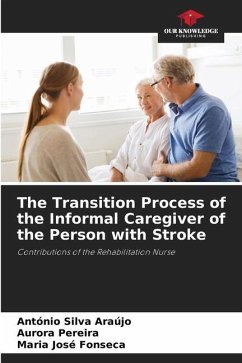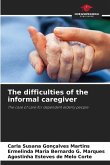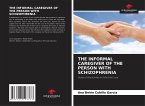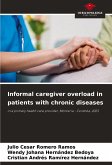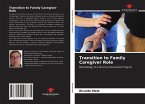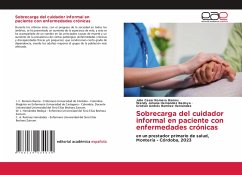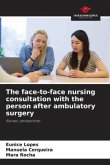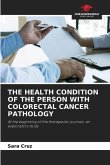The increase in strokes in Portugal and throughout the western world, despite the focus on systematic prevention campaigns in recent decades, means that this disease continues to represent one of the main causes of mortality and morbidity worldwide, with a personal, family, social and economic impact on societies. The production of knowledge and research in the area of transitions that we presented aims mainly at understanding core areas of nursing, which are highly sensitive to rehabilitation nursing care. We mentioned the stroke patient with dependence for self-care and the informal caregiver in assuming the "new role". In this context, this study emerged with the main purpose of understanding the process of transition of the informal caregiver of the person with stroke and the intervention of the rehabilitation nurse, thus contributing to a better care practice that promotes a healthy transition, with positive gains for those involved. The production of knowledge in this area will inevitably lead to new perspectives of care. The challenge is to be facilitators throughout the transition process.
Bitte wählen Sie Ihr Anliegen aus.
Rechnungen
Retourenschein anfordern
Bestellstatus
Storno

